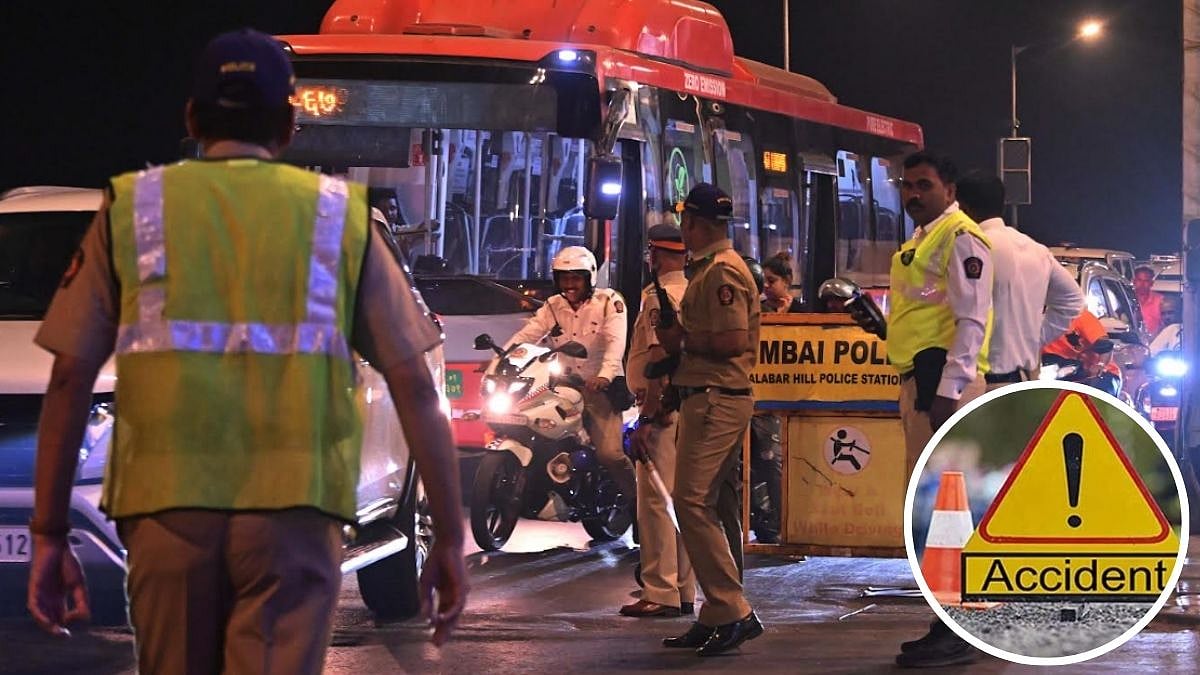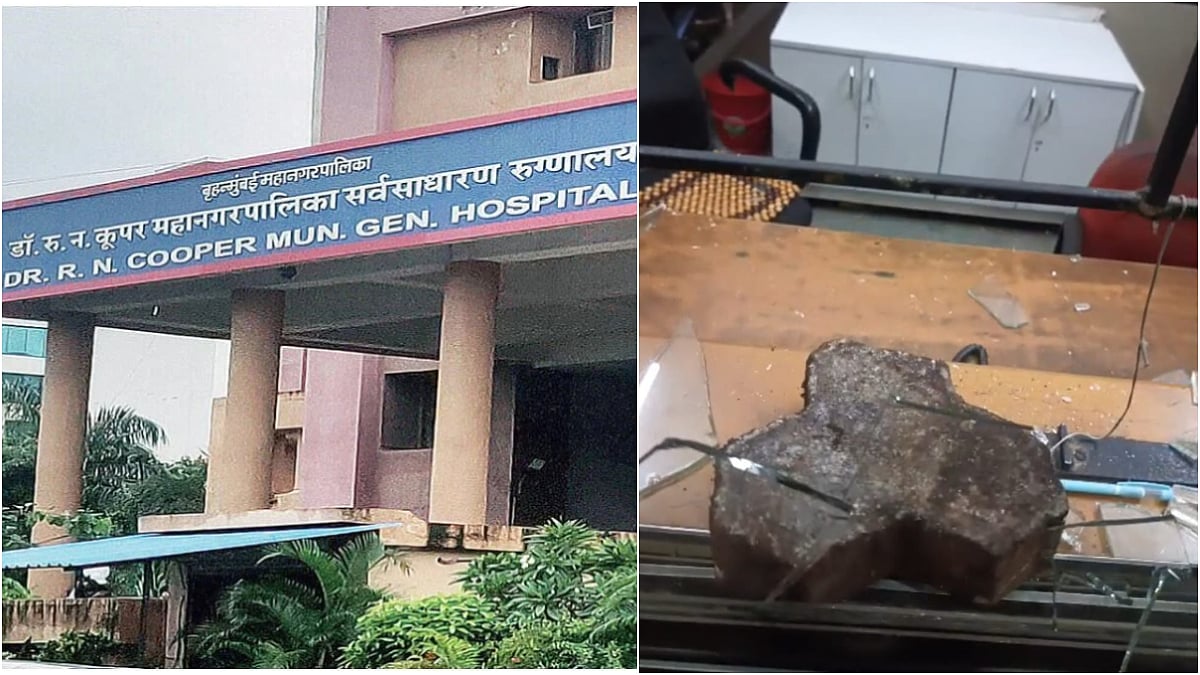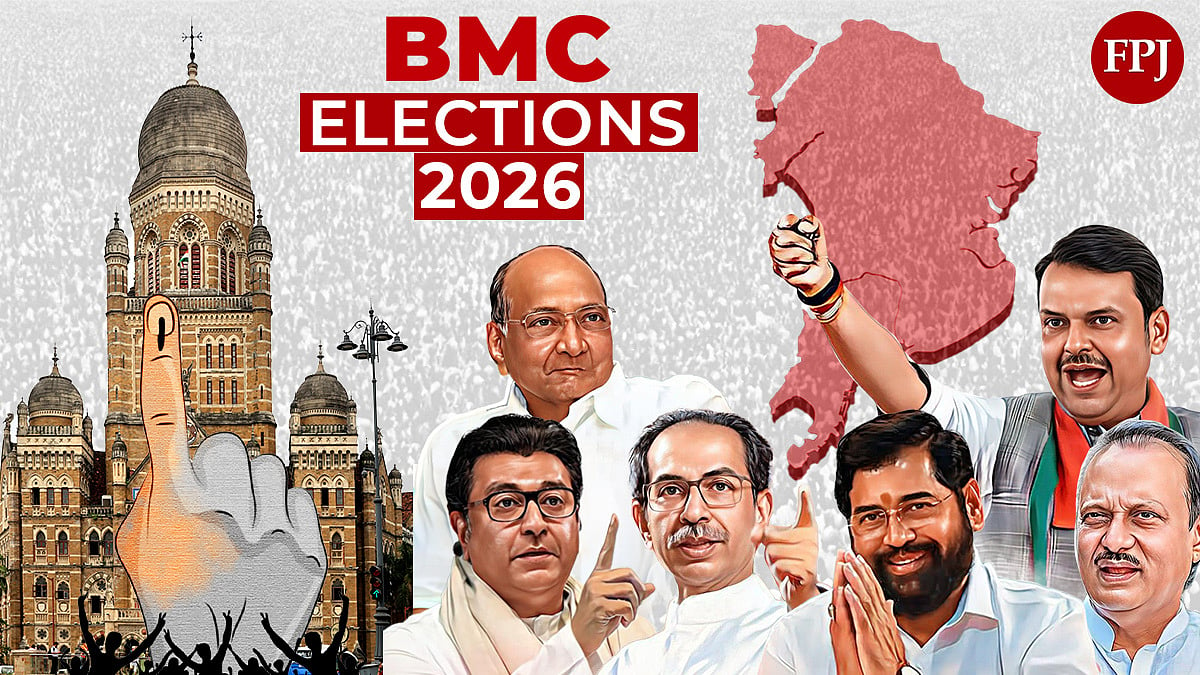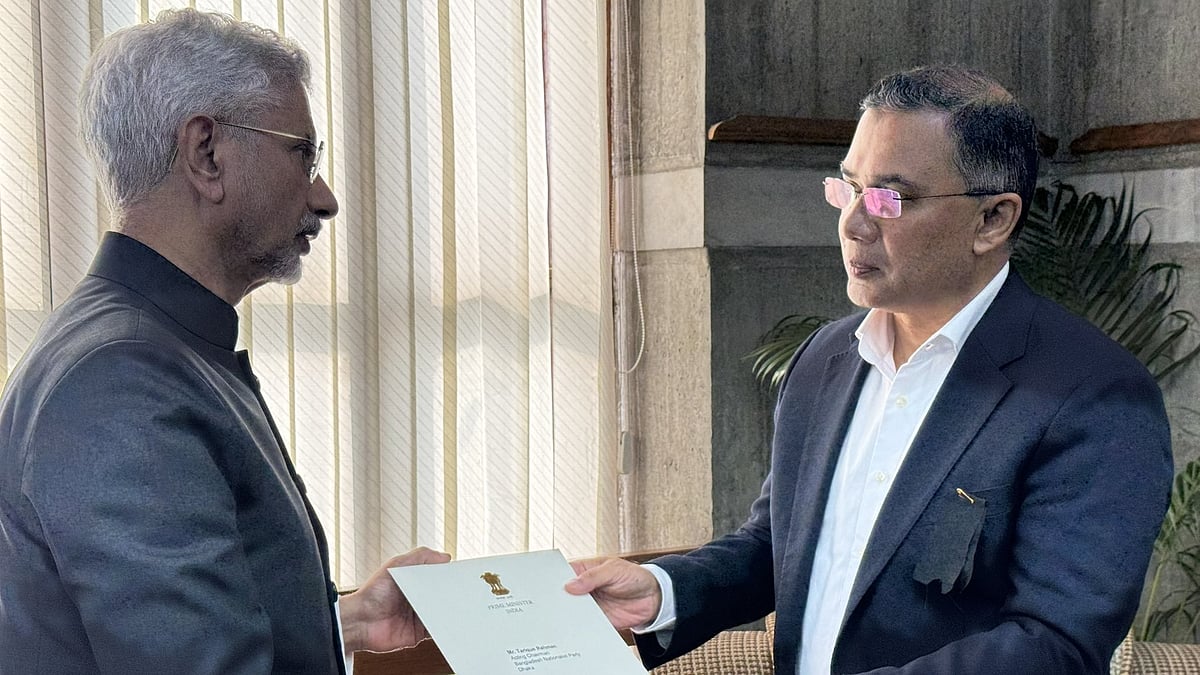Four years after Parliament passed the Citizenship Amendment Act (CAA) in December 2019, the Union home ministry announced the rules to implement the controversial law last week, which according to legal experts, is discriminatory and goes against equality and India’s Constitution. There are more than 200 petitions against the CAA pending before the courts even as the contentious law has come into effect. Therefore, the more significant and relevant question about the CAA currently is the constitutional validity of the law, which the petitioners have contended is “unconstitutional, discriminatory, manifestly arbitrary, unreasonable, and irrational”. The Supreme Court (SC) will hear a plea to stay its implementation today. The crux of the challenge is that the CAA, by offering relaxed eligibility criteria for citizenship to only Hindus, Parsis, Sikhs, Jains, Buddhists, and Christians — and leaving out Muslims — discriminates between persons based on their religion.
It doesn’t need an extraordinary legal brain to understand people’s opposition to the CAA, nor does one need to be a political scientist to read the real intent behind implementation of the law now. Electoral intent is simply writ large on the government’s decision to resurrect the CAA — frozen for over four years — five days before the Election Commission announced the Lok Sabha poll schedule and before the model code of conduct came into force. Before the CAA, India’s Citizenship law did not discriminate based on religion to determine a person’s eligibility for Indian citizenship. All those seeking naturalisation had to show that they were in India legally and needed to wait for a period of 11 years to become eligible for citizenship. That is what the CAA changes — a religious test for citizenship for the first time in independent India’s history.
The CAA, which is an amendment to the 1955 Citizenship Act, was first introduced in Parliament in 2016 and was passed in December 2019. Its passage had set off massive protests by civil society across the country over allegations of anti-Muslim bias. Violent clashes had erupted in Delhi; more than 100 people were killed across the country and hundreds were injured. The CAA aims to expedite applications of Hindus, Parsis, Sikhs, Buddhists, Jains, and Christians who have fled religious persecution from Muslim-majority countries — Pakistan, Afghanistan, and Bangladesh — and arrived in India before December 31, 2014. They become eligible for citizenship in five years. Applicants from these faiths are eligible even if they are currently living in India without valid visas or other required paperwork.
However, Muslim victims of religious persecution in Pakistan (the Ahmadiyya), Afghanistan (the Hazara) or other neighbouring countries such as the Rohingya in Myanmar, will still need to wait for 11 years to become eligible for Indian citizenship. In addition, unlike Hindus, Parsis, Buddhists, Sikhs, Jains, and Christians, they will need valid documents to justify their presence in India. This, according to legal experts, violates Article 14 of the Constitution which says “the state shall not deny to any person equality before the law or the equal protection of the laws within the territory of India”. Civil rights activists and many legal experts say that the CAA goes against the constitutional values of equality and “legitimises discrimination based on religion”. Others are of the view that the law also denies similar benefits to Tamils from Sri Lanka, and immigrants from countries like Nepal and Bhutan.
However, the BJP-led government denies that the law is discriminatory towards Muslims, arguing that it only seeks to protect those escaping religious persecution, adding further that “many misconceptions have been spread” about the law and its implementation was delayed due to the Covid pandemic. It is true that CAA does not impact the citizenship status of Indian Muslims or any other citizens and it is also not prejudiced against them. But widespread doubts and concerns remain about the law, perhaps because of possible intention to build on it in future, in light of the fear that was created in 2019 by many government representatives and BJP leaders who talked about the law in aggressive and polarising tones.
Given that the BJP had declared its intent to implement the National Register of Citizens (NRC) nationwide earlier, the anxiety over CAA is that it may be the first step towards NRC and a combination of the two could allow the government to expel all of those deemed “illegal migrants”. While talk of a nationwide NRC has not been heard in recent months, the fear is that a lot can change between now and a few years down the line if the BJP comes to power for a third term.
After nine extensions for the notifications of the CAA rules, the government’s decision to resurrect it just before the general election is not surprising. The Opposition has alleged that the notification of the rules right before the election is evidently designed to polarise voters, especially in West Bengal and Assam. In Assam, an additional layer of complications comes into play because of the 1985 Assam accord, as the amended citizenship law will have to be aligned with a legal requirement decided earlier. Apart from the equality argument, in Assam, part of the challenge to the CAA also rests on the fate of Section 6A of the Citizenship Act, 1955, that was added to the Act after the signing of the Assam Accord and which is also under challenge before the SC. Apart many issues and arguments for and against the law, what makes CAA so contentious is that it is against the idea of citizenship envisioned in the Constitution.
The writer is a senior independent Mumbai-based journalist. He tweets at @ali_chougule









